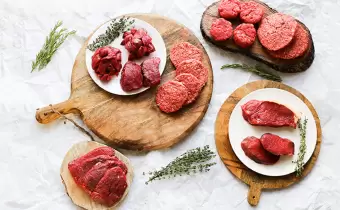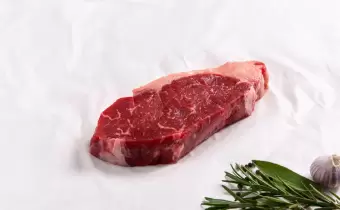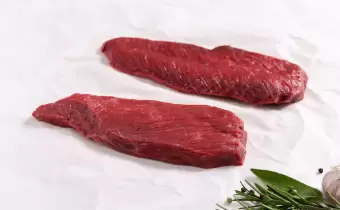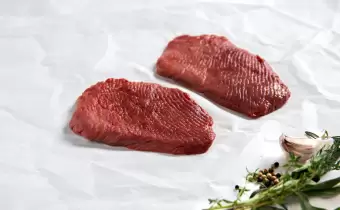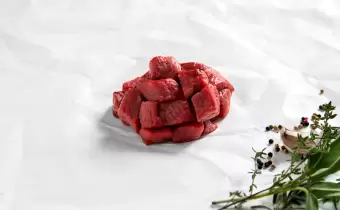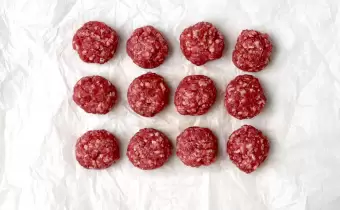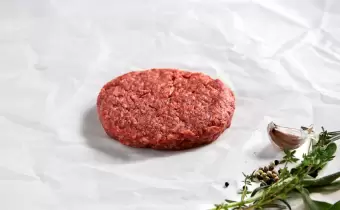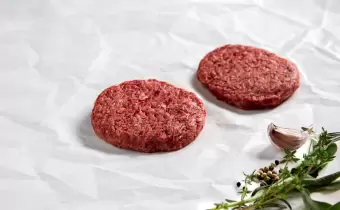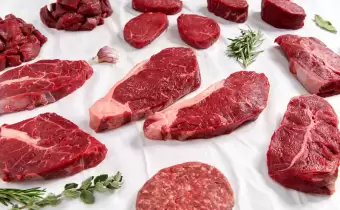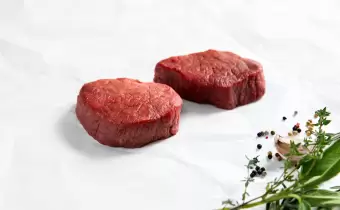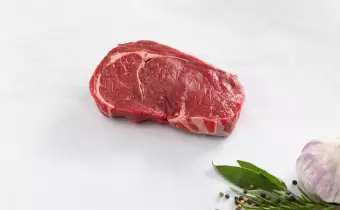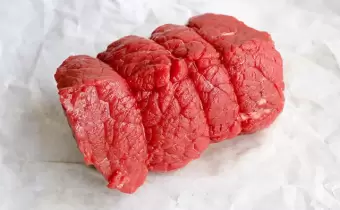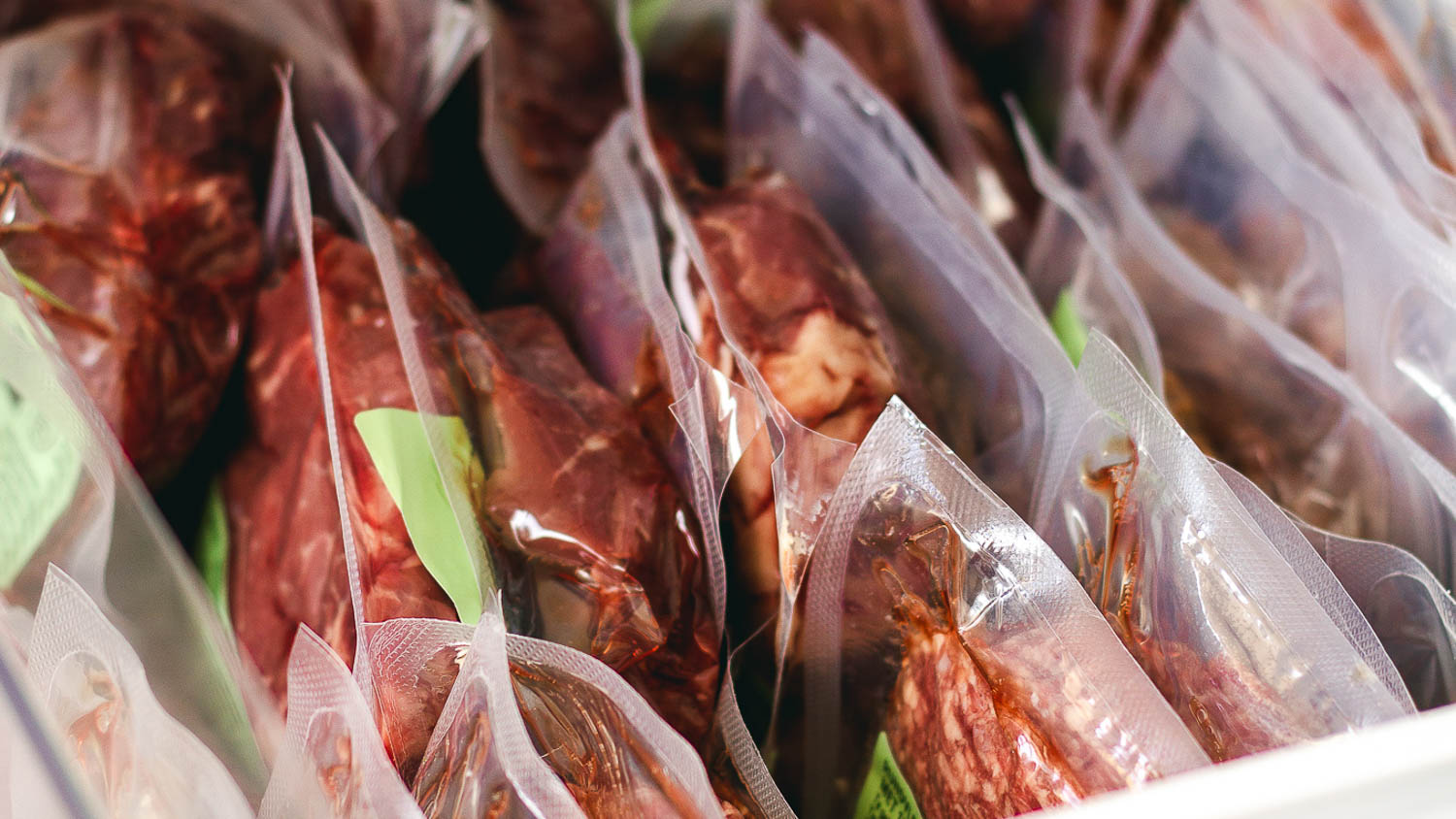
Vacuum-packed Meat
The Definitive Guide to Vacuum Packed Meat
What is vacuum packing?
“Vacuum packing” is a method of food packaging that removes all air from a food-filled, plastic film package before “sealing” it. In the 1940s vacuum packing food was originally used as a means for food companies to avoid the spoilage of food travelling long distances. As time went by, vacuum packing food became more and more common as this storing method was found to increase shelf life, keep food fresh, and avoid freezer burn.
How does vacuum packing work?
By keeping oxygen out, vacuum packing preserves food by obstructing the growth of fungus, mould and oxygen-induced (aka “obligate’) bacteria including mesophiles, psychrotrophic, thermophiles, and psychrophiles. When given the chance to multiply, these enzymes deposit amines, ammonia, sulfides and organic acid congestions which foster the discolouration of your meat as well as horrible odour and slime. Such obligate bacteria also break down organic enzymes including iron-containing pigments in beef protein; they can cause serious illness if consumed. By depriving mould and fungus of oxygen, vacuum packing your beef halts their growth cycles, reproduction and metabolization — leaving them powerless!
What are the benefits of vacuum packing beef?
Increased shelf life
Vacuum packing meat allows it to stay good for up to 3 - 5 times longer than beef that has been stored in supermarket bought packagings such as bags or plastic containers. How long beef will stay good, however, depends on whether it is being kept in a freezer or fridge.
| Conventional storage | Vacuum packed | |
| FROZEN | 6 - 12 months | 2 - 3 years |
| REFRIGERATED | 1 - 2 days | 2 weeks |
Avoiding dehydration & freezer burn
Because vacuum packing beef blocks out all oxygen, the moisture inside your meat can’t evaporate and as a result, the beef keeps its juice and tenderness! Where water does evaporate, the effect is Freezer burn — which leads to whitish splotches (a.k.a. “ice crystals”) on the beef. Freezer burn isn't dangerous, but it ruins the taste and texture of your food — making it cottony and flavourless.
What vacuum packing beef doesn't do
Vacuum packing beef is a great solution to some problems — but unfortunately not ALL! It’s important to note here that just because your beef is vacuum packed, does NOT mean it can be stored at room temperatures! Vacuum packing meat inhibits only obligate bacteria (those activated by the presence of oxygen), not those that are anaerobic (those that do not need oxygen for activation). Many strains of anaerobic bacteria are pathogenic which means you can get seriously ill if you consume beef that has it. As a result, always (always) freeze or refrigerate your food.
Find more delicious meat in our packages
Hunger bekommen?

- Location: Offwell, Honiton
- Breed: South Devon
- Earnumber: 400111
- 7 different meat-cuts
- 28 meals / 3.5 Kg
- Final Animal Delivery Date 22 July

- Location: Offwell, Honiton
- Breed: South Devon
- Earnumber: 400111
- 10 different meat-cuts
- 56 meals / 7 Kg
- Final Animal Delivery Date 22 July


